The Racial and Sexual Politics of Peace
By Kelly Macías
The week of October 7th was Nobel Prize week. And for economists, writers, scientists, and those who actively work for the resolution of conflict, and peace more broadly, the announcement of the Nobel Prize awards are like the Emmys, Oscars, and Grammys all rolled into one. Those of us engaged in the fields of international relations, conflict resolution, and peace studies eagerly await the announcement of who will win the coveted Nobel Peace Prize. This year, many of us thought that it would be Malala Yousafzai (we were wrong, by the way). You’ve likely heard of Malala. And you probably know the names of the Peace Prize winners more than any of the winners in the other categories– Jimmy Carter, Desmond Tutu, Al Gore, and Martin Luther King, Jr. are examples of recipients. Peacemakers need not be academicians, have formal education, or even know how to write. They can be from ordinary backgrounds and do extraordinary things to change their communities, countries, and the world for the better. They actively work to undo systems of oppression and injustice. They are everyday folks who become our heroes.
Unfortunately, peace has long been regarded as men’s work, and the Nobel Peace Prize is still a bit of a boys club. There have been 125 winners of the award since 1901, with 100 of those going to individuals and 25 going to organizations. Out of the 100 individuals, only 15 have been women. That number totals only 15% of the prize’s overall winners. And even though they are largely underrepresented in recognition, the list of women who have been awarded the prize is quite commendable and distinguished. Jane Addams, Rigoberta Menchu, Wangaari Matthai, Aun Sang Suu Kyi and Mother Theresa are among those 15. One of the wonderful things about this list of extraordinary women is that, at least for me, it is easy to see some of myself in each one. They were humble women who saw communities or countries damaged by violence and inequality. They knew that no one is truly free when others are oppressed and they put everything they had into changing oppressive structures. The international community took note and recognized them for their efforts.
Yet there are some glaring omissions on the list of Peace Prize winners. For example, no woman of color from the United States, nor openly LGBTQ individual, nor an organization championing the rights of LGBTQ persons has ever received the award. This is hard to believe but true. If you look at the contributions of Black American women alone (some of whom are also part of the LGBTQ community), we have a rich history of peace activism dating all the way back to slavery and the abolitionist movement. We organized for civil rights and marched in Birmingham and Selma. Some of us even lost our lives during that struggle. One of us even spoke at the March on Washington (Daisy Bates, the lone female speaker at the event). Even after the legacy of the Civil Rights Movement, we continue to promote peace and the elimination of harmful structures in this country via the prison system, education, health care, public housing, etc. And we are not alone. Women of color in the U.S. have been incredibly active in championing and building peace. Consider Yuri Kochiyama, who was actually nominated for the Peace Prize in 2005; Dolores Huerta, co-founder of the National Farmworkers Association (which later became United Farm Workers), who organized for migrant workers and the poor; Ada Deer, a member of the Menominee Nation and as a Native American activist who was the first woman to head the Bureau of Indian Affairs — the list of activist women of color is long and distinguished. However, these contributions seem lost on the peace community.
Likewise there is a dilemma in failing to acknowledge LGBTQ peacemakers. In his 2011 article, “Where are the Gay Nobel Prize Winners?” Laurence Watts points out that none of the winners of any of the Nobel prizes has been openly gay. Are there likely non-straight winners? Absolutely. But we don’t know anything about them. And particularly when it comes to the peace prize, it seems negligent not to acknowledge those working for equal rights for members of the LGBTQ community. This year has clearly been a landmark year toward achieving equality. In the United States alone, this year brought the invalidation of the Defense of Marriage Act and 14 states now allow same sex couples to marry. There are also now 13 countries in which gay marriage is legal. These achievements are huge and noteworthy, and many activists gave their lives to make them happen.
And yet, there is still much work to be done and marriage isn’t the only important issue for my LGBTQ friends. Hate crimes against gays persist all over the world and many of them go unprosecuted. There is tremendous stigma about being gay in nearly every corner of the world. In Uganda, being gay is punishable by death and in Russia, where the Winter Olympics are being held next year, a law prohibiting the “propaganda of nontraditional sexual relations” was recently passed. As a part of the law, a person can be fined up to $31,000 for talking about the LGBTQ community to children or even equating heterosexual relationships with gay ones. Children of gay parents in Russia can also be legally separated from their parents based upon their sexuality—even if they are the children’s biological parents. There are many people and organizations in Russia and around the world that are fighting this kind of oppression. They risk humiliation, arrest, even death to make the world a safer, more inclusive place where hopefully everyone can have the right to love whom they choose. Our failure to recognize them as important contributors to peace and justice is to relegate them to a space in which only acceptable (read straight) peace work prevails.
 One of the issues at play is the politics of the prize and of peace itself. Throughout its history, the Nobel Peace Prize doesn’t have a record of continuously rewarding radical peace activism and progressive change in all its forms. In his will, Alfred Nobel stipulated that one part of the prize money should go to “the person who shall have done the most or the best work for fraternity between nations, for the abolition or reduction of standing armies and for the holding and promotion of peace congresses.” Those words don’t engender images of people demanding racial and sexual equality. While many of the Peace Prize recipients have been engaged in progressive peacemaking, some forms of radical peacemaking do less to offend our sensibilities than others. Though controversial in some circles, it may be easy for us to applaud the rights of indigenous peoples and women in developing countries. Yet the very acts of women of color in the “developed” world or LGBTQ persons or organizations anywhere demanding equal rights, justice, and speaking truth to power are seen as acts of defiance and revolution. And the majority can almost always take issue with revolutionaries; finding them unacceptable and unappealing, easily labeling them as troublemakers for upsetting the status quo, and generally ignoring them in favor of more acceptable mainstream movements. The end result is a number of Peace Prize winners who rarely challenge our perceptions of what is conventional. In this way, the prize is sterile and overwhelmingly safe.
One of the issues at play is the politics of the prize and of peace itself. Throughout its history, the Nobel Peace Prize doesn’t have a record of continuously rewarding radical peace activism and progressive change in all its forms. In his will, Alfred Nobel stipulated that one part of the prize money should go to “the person who shall have done the most or the best work for fraternity between nations, for the abolition or reduction of standing armies and for the holding and promotion of peace congresses.” Those words don’t engender images of people demanding racial and sexual equality. While many of the Peace Prize recipients have been engaged in progressive peacemaking, some forms of radical peacemaking do less to offend our sensibilities than others. Though controversial in some circles, it may be easy for us to applaud the rights of indigenous peoples and women in developing countries. Yet the very acts of women of color in the “developed” world or LGBTQ persons or organizations anywhere demanding equal rights, justice, and speaking truth to power are seen as acts of defiance and revolution. And the majority can almost always take issue with revolutionaries; finding them unacceptable and unappealing, easily labeling them as troublemakers for upsetting the status quo, and generally ignoring them in favor of more acceptable mainstream movements. The end result is a number of Peace Prize winners who rarely challenge our perceptions of what is conventional. In this way, the prize is sterile and overwhelmingly safe.
Some of this exclusion is also a reflection of the nominations themselves and not of the committee deciding the awards. While we don’t know the names of most of the recent nominees (and won’t for 50 years), we can only guess that the persons doing the nominating (who are university officials, former Peace Prize recipients, elected officials, and courts) are remiss in nominating sufficient numbers of women of color from the U.S. and LGBTQ activists for the award. It may be easy to draw the conclusion that the lack of representation means that these activists are not present in the peace community or doing enough to elicit recognition. “If they were deserving they would have already won the award, right?” Hardly.
I would argue that, in part, the lack of recognition is because those involved in the peace community are not above committing some of the very injustice that peacemakers seek to resolve. This fact is one of the very unfortunate parts of living in a world that has such contentious relationships with race, class, sexual orientation, ability, and gender. It means that even in working for peace and justice, the politics of these realities rear their ugly heads. The negligence and failure of recognizing the peace work of women of color in the United States and LGBTQ activists everywhere is fraught with bias and, at times, the American (white) savior complex. For example, in the cases of almost all of the U.S. citizens who have won the award, they were acknowledged for work that promoted peace internationally. This means they had access to those places, privilege that enabled them to work internationally and the prominence to be recognized. And of course this reinforces the stereotype that American democracy is so perfectly advanced that Americans must go out and save the rest of the world.
There are several problems with this dynamic. First, due to race and class, women of color may not have similar access to these environments. For centuries, our lot has been to actively advocate locally for issues that make our lives and those of our families better–not out of choice, but instead out of sheer necessity. The same is true for LGBTQ persons who often do not have access to certain spaces, are forced to fight for their right to simply exist, and who are not afforded the same levels of acceptability as heterosexuals, which would enable them to be recognized for their work. Moreover, the stereotypical notion of the American savior who rescues the rest of the planet is antiquated and colonial; and the notion that peace and humanitarian work is only necessary and valid when it’s done abroad negates the gross injustices and human rights violations that take place on our own soil. This is something that members of the peace community and those who do the nominating absolutely cannot afford to continue to ignore.
The sad reality is that even peace building is not above racial, sexual, and other divisive politics. When the accolades of peace work continue to go to those persons that fit our notions of conventionality and acceptability, far too many activists find themselves excluded, shut out of mainstream movements, and then forced to organize in separate spaces. This is dangerous because our collective struggles for fair wages, equal treatment, dignity, freedom from violence, and fear are intertwined. So then, ideally, the movements for peace and justice would be equally intertwined; recognizing all the nuances of our lives and the diversity of the people working to promote harmony, nonviolence and respect for all. For all our desire to create a better world, we continue to perpetuate the notion that some voices are more important than others, some people belong while others don’t and peace is respectable only when it is presented in a certain package and by certain individuals.
But isn’t peace work the ultimate place where inclusion should exist? Shouldn’t the peace community be actively working to undo systems of marginalization and oppression, even if this means taking a hard look inside, at our own systems of exclusion and who is rewarded for their efforts? Those who nominate the potential winners of the Nobel Peace Prize can do a far better job. They must do better. It is irresponsible to set the precedent that some peace movements are more respectable and important than others. This should be the space where we work to legitimize everyone’s struggle and elevate all voices because we know that ultimately the world will be a better place when everyone is free, not just a select few.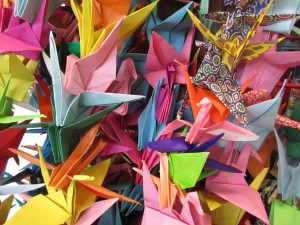
Though I realize it may be a departure from Nobel’s original concept, it’s time that the Nobel Peace Prize acknowledges revolutionary activism. And this starts with the international community appreciating and recognizing progressive peace movements worldwide. Not because of the cachet of winning the Nobel Peace Prize (though it helps), but because of what it means for the peace community and to the world. It sends the message that peace is everyone’s job and that we are all actively working for it in important and meaningful ways, not just some of us. It also shows that there is still much work to do to combat marginalization in all of its forms and that we are all equally present and accounted for. Women of color, LGBTQ activists, and other members of non-traditional communities will continue to work actively to dismantle systems of oppression and injustice without recognition, payment and/or awards. They will do so because their freedom, dignity and very essence depend on it. However, elevating those voices to a position of distinction and importance through international recognition is a critical step toward ensuring a more peaceful and just world.
Reference:
http://www.huffingtonpost.com/laurence-watts/nobel-prize-winners-gay_b_1008110.html
__________________________________________________
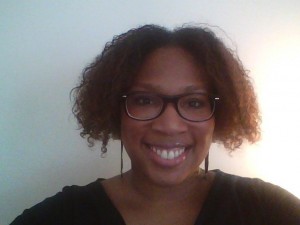 Kelly Macías is currently a doctoral candidate in the Department of Conflict Analysis and Resolution at Nova Southeastern University. She has previously been published in The Baltimore Sun, The Feminist Wire, and Rain and Thunder: A Radical Feminist Journal of Discussion and Activism. Kelly works full-time as a trainer, researcher, and organizational development specialist based in Washington, DC. She credits the foundations of her activism and passion for social justice to her favorite nun in Catholic school who taught her the expression “Si quieres paz, lucha por la justicia” (If you want peace, struggle for justice). She has tried to live by that motto ever since.
Kelly Macías is currently a doctoral candidate in the Department of Conflict Analysis and Resolution at Nova Southeastern University. She has previously been published in The Baltimore Sun, The Feminist Wire, and Rain and Thunder: A Radical Feminist Journal of Discussion and Activism. Kelly works full-time as a trainer, researcher, and organizational development specialist based in Washington, DC. She credits the foundations of her activism and passion for social justice to her favorite nun in Catholic school who taught her the expression “Si quieres paz, lucha por la justicia” (If you want peace, struggle for justice). She has tried to live by that motto ever since.


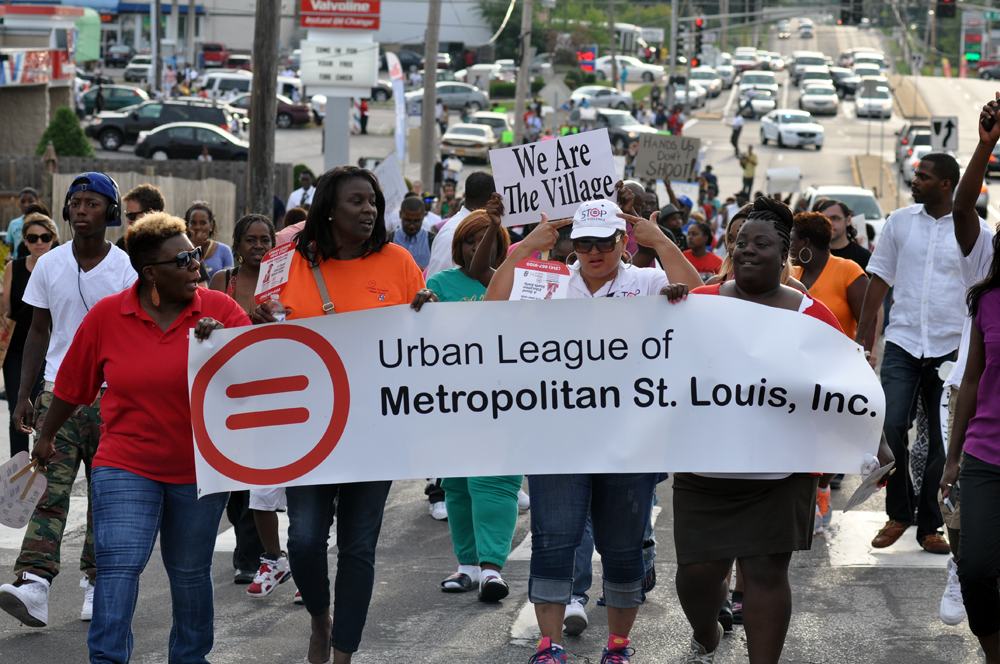
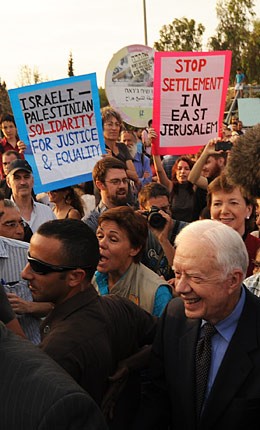
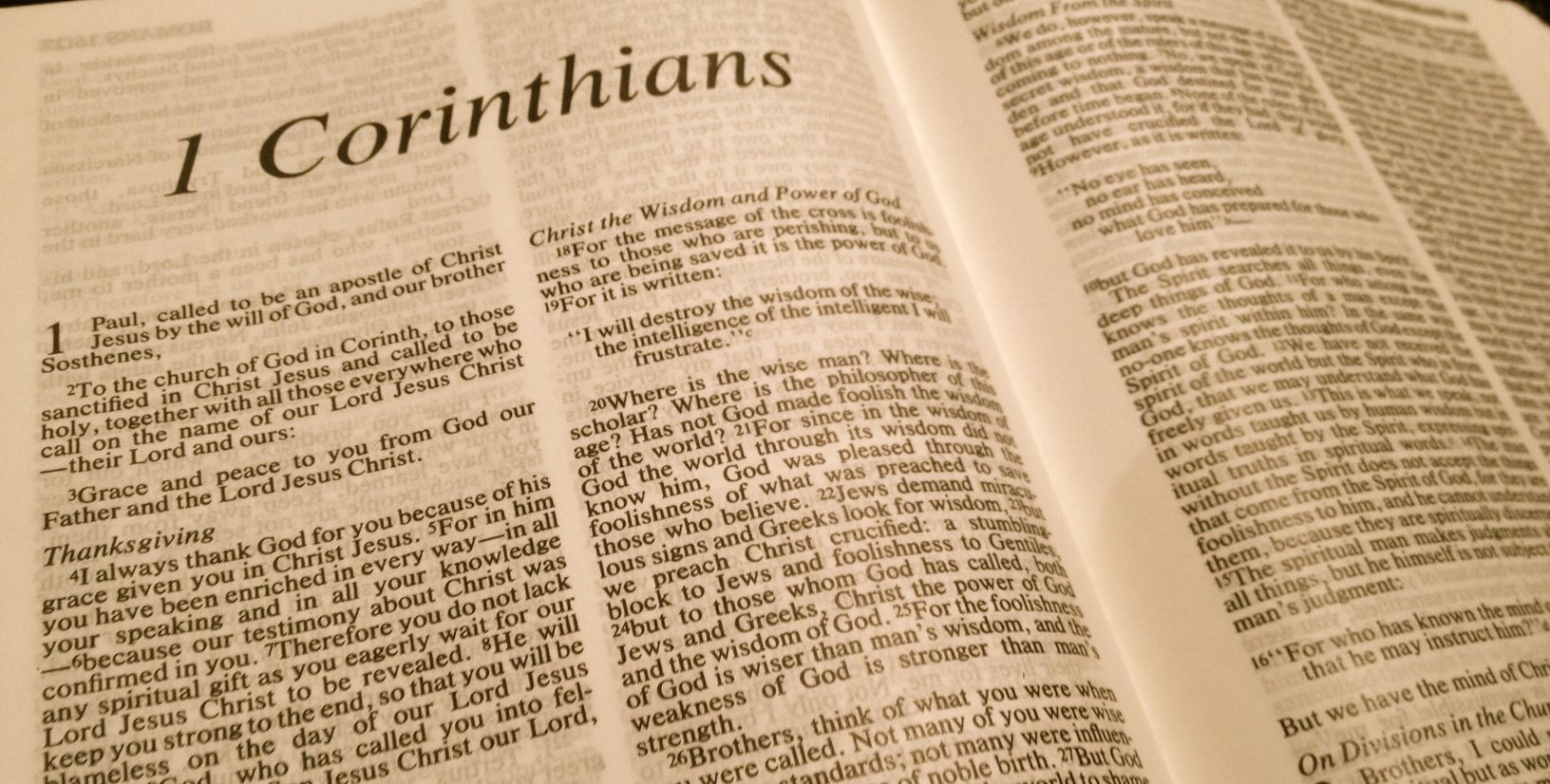
Pingback: Daily Feminist Cheat Sheet
Pingback: Feminist news round-up: Oct 31st 2013 | LibertineGrrl